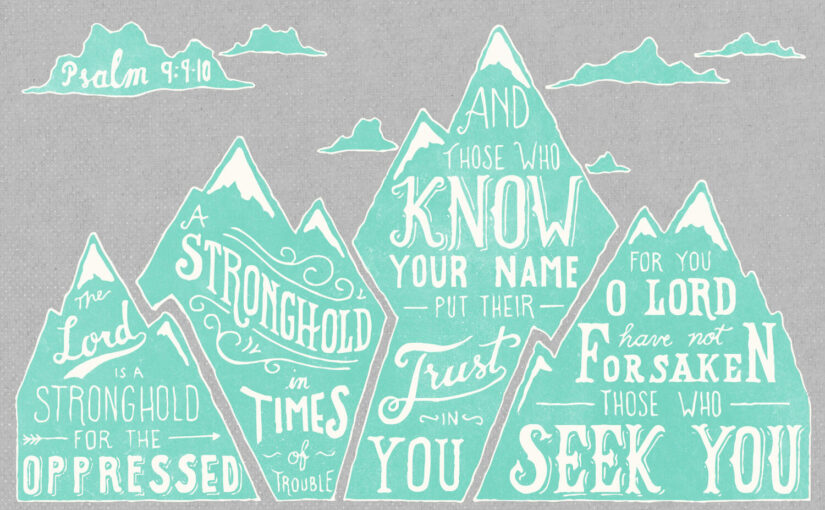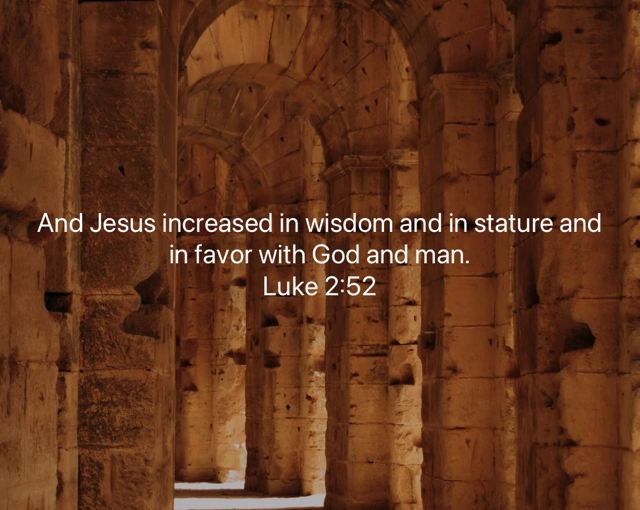Psalm 10
Most scholars believe that Psalm 10 and Psalm 9 were originally 1 psalm in the Greek Septuagint, and somewhere along time, they got separated into two different psalms. This psalm should be attributed to David and is another great psalm of him crying out to God to avenge his oppressors. He starts the psalm by asking God, “Why do you stand afar off, O Lord? Why do you hide in times of trouble?” David then spends the better half of this psalm explaining the character traits of the wicked. They are proud, boastful, deceiving, cursing, workers of iniquity, unrighteous, and oppressive. Maybe worst of all, David describes them as people who do not believe God will require an account of them. This displays their actions and motives holistically. If someone does not believe that there are consequences for their actions, then they are their own judge and will do whatever they want. Let me be straight with anyone reading this. Your sin will find you out, and if you die separated from God, with no atonement, you will be punished for your sinful activity by reaping eternal punishment in hell. The beautiful thing is that you do not have to die separated. Jesus provided the way out when He bled and died on a cross 2,000 years ago!
For the rest of this short post, lets focus on how David feels during this oppression. Often when bad things are happening in the world, we ask a couple of questions. Where are you God? Why is this happening to me? Why do these horrific things happen to such good people? My mentor always says, “bad things are not indicative of a bad God, but a bad world.” I believe this is true. Sometimes we can’t find Him because we aren’t looking or listening. Other times it’s because we are looking or listening to the wrong things. Still, other times, God wants us to remain under trials for the strengthening of our faith.
God is working on His own timeline called eternity. We humans are very fickle, and we want things a certain way. We want oppressors punished right now! We want the Lord to handle this family strife right now! We want our food right now, so we throw it in the microwave! God works things out for our good and for His glory, only in His timing. He will avenge the oppression, but in His timing.
So how can there be so much evil if God is the King forever and ever? Well, the Bible portrays Satan as the prince of the air (Eph. 2:2) and as the prince of this world (John 12:31, 14:30, 16:11). Satan’s goal is to steal, kill, and destroy everything you own, love, and cherish. Go read Job’s story for more information. His goal is to drag as many people to hell with him as he can. So, the result of that is sometimes our world can look like hell. But for us as believers, this world is as bad as it gets.
Now quickly read verses 14-18 with me. David trusts the Lord even when he doesn’t hear God or see Him acting. God is observing our trouble and grief, He is the Father of the fatherless, He is King forever and ever, and He hears every single prayer that you pray. Sometimes we cannot explain why God allows certain things to happen, but we have faith and trust that He is still a good, sovereign, trustworthy God because He works all things together for good to those who love God and who are called according to His purpose (Rom. 8: 28).


